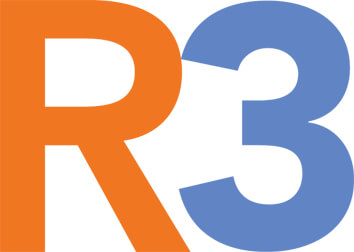Assessing and Improving the R3-Making Research Relevant & Ready Program

Earlier this year, Donaghue assessed its R3-Making Research Relevant & Ready grant program to better understand how to increase its impact and improve efficacy.
R3 is Donaghue’s program to help researchers better prepare their health interventions for adoption and use in real-world settings. R3 funds enable grantees to access experts in areas relevant to scaling, spread, and implementation. It has awarded over $1.3 million in grants to 18 researchers who were recent Donaghue grantees. In its current form, applicants need to provide a letter of intent and then an application that describes their implementation challenges and the kinds of activities envisioned to overcome identified implementation barriers. A significant part of the program is the requirement to use consulting services of professionals outside of academia. As a result, the majority of the grant funds are to be used for these consulting services.
Due to a recent decline in applications, we shifted our focus to reevaluate the current program. Our primary goal was to minimize barriers associated with the program while maintaining the overall objective.
To assess the current challenges of our R3 program, we conducted informal interviews with five former recipients. The purpose of these conversations was to gain insight on better ways to shape program requirements to provide ease of use and ways in which the program can be enhanced overall. We were particularly interested in their views of how we might shape the program requirements to be easier or how Donaghue could provide other supports.
The feedback underscored the value of the program, and our respondents also suggested ways we could improve it. The current outline of the program is for 18 months without a no-cost extension, and one idea that came from several grantees was to allow for greater flexibility in the amount of time to do the work. Others suggested that the challenge in finding a consultant to partner with should be allowed within the program’s budget and timeline. Currently, applicants are asked to describe who they will be contracting with and to provide an outline of the implementation steps that will be taken during the 18 months. Although researchers often collaborate with others from academic settings, most researchers have not had a lot of experience working with consultants from the business world. One premise of the program is the benefit of using skills and insights from business to propel innovations to adoption. In fact, some of our respondents emphasized this as a strength of the program.
A couple of the respondents said that the program name was confusing and Donaghue should consider a better way to brand and to market the program to its grantees.
In light of this new information, Donaghue is doing its own pilot program to try out some of these ideas. We hope that by 2022 we’ll have a newly established process to access and use the R3 — or whatever we will call it — funds in the hope that more Donaghue grantees will be able to use this award.